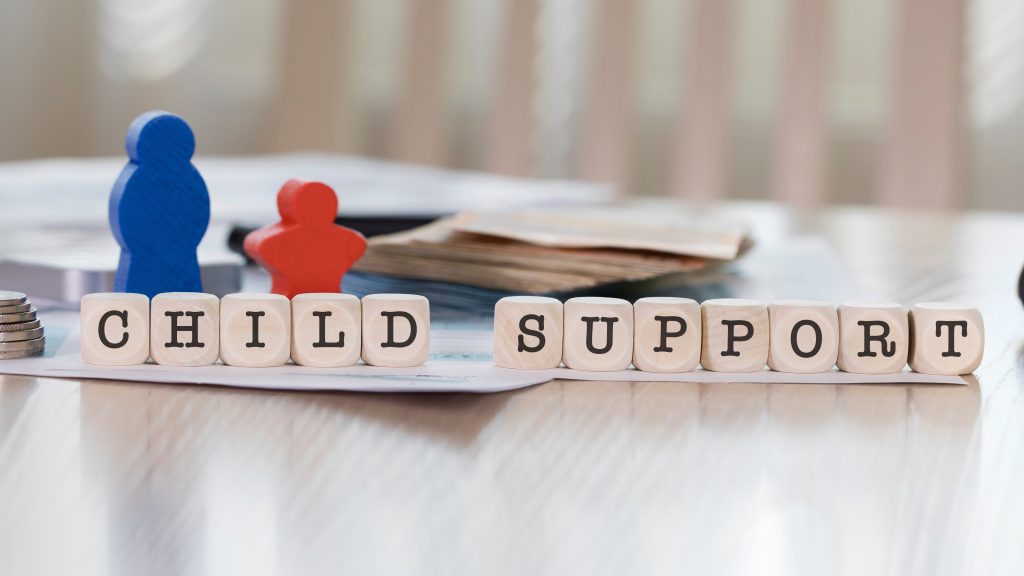Separation, when a relationship breaks down, can be a very stressful process for the adults involved, but even more stressful for the children who are trying to cope with the changes.
School, and similarly nursery in the early stages of education, is critical in a child’s life. Children spend most of their time during the week at school feeling comfortable around their friends and teachers, developing, and growing their independence each day. When there are issues at home, it is often the school that offers safety and stability that cannot always be provided at home due to the personal circumstances. The importance of school’s role cannot be overestimated, and it is therefore relevant to understand its role in the context of family law.
Definition of ‘Parent’ and ‘Parental Responsibility’
The school has certain obligations and responsibilities towards your children. However, they first need to establish whether you are a parent of the child. Whilst in most cases this might seem straightforward, in some it may cause issues if correct information is not collected from the get-go.
The definition of a parent under family law differs slightly from that under education law. The Department of Education considers a parent, under section 576 of the Education Act 1996, to be:
- all biological parents, no matter if married or not
- any person with parental responsibility for the child
- any person who has care of the child, even if not a biological parent and the person does not have parental responsibility. This could mean, a relative who the child lives with.
Although family law does not specifically provide a definition for a ‘parent’, it does define parental responsibility, in section 3(1) of the Children Act 1989 as “all the rights, duties, powers, responsibilities and authority which by law a parent of a child has in relation to the child and his/her property”. Parental Responsibility is held by the mother and the father, if he is married to the mother or if named on the birth certificate. It can also be held by a person (typically a father who was not married and not named on the birth certificate) who obtained an Order granting him Parental Responsibility.
Therefore, anyone who is a parent under educational law, will be entitled to information in relation to the child’s education as well as being involved in any decision making when required.
Disputes between parents – separation
This can all be very simple when the parents are in a loving relationship. Usually either both will engage with the school with no hiccups, or one of them will take the responsibility of keeping the other parent up to date on a regular basis.
The problems start when parents are not getting along and decide to separate. It is at this point when the school’s involvement should be considered and, if possible, a joint front should be presented to inform the school of the family’s situation. This helps the school staff, especially the head teacher and the class teacher, to be aware and support the child as needed.
In some cases, the parents will not be able to agree on how this should be communicated to the school. Advice might be required as to how to best address this, to be inclusive but at the same time do not overshare any information that may be considered confidential. It is often the case that parents either do not share anything with the school about their separation or go on the complete opposite side of the spectrum and overshare very sensitive information. It is sometimes difficult to strike the balance, but it needs to be remembered that although the school is there to support the child, their focus is on the child, and not the parents or their relationship.
When separation details are shared with the school, it is wise for this to also be shared with the child. This needs to be done in a child-appropriate manner and is another point that requires careful consideration on its own.
If the parents are involved in family court proceedings, the school might wish to see a copy of the court order to assist them with grasping the child arrangements that have been put in place and any further requirements the order may pose on them, especially in terms of handovers that are done on the school premises. Please note the parents may require the court’s permission to share the order and depending on the order itself, some sections may need to be redacted, if not relevant to the school.
In terms of information sharing, the school has a duty, under the Education (Pupil Information) (England) Regulations 2005 to provide information and copies of a child’s educational record to the parents on request. Therefore, if one parent requests for this not to be done, the school may not be able to abide as they would be in breach of their obligation under education law. If the other parent requests this information from the school directly, after the school confirm that the person is in fact a parent, they can share the information and do not require the other parent’s permission, or a letter from a solicitor or a court order. There are also certain GDPR rules that apply that the school needs to consider when information is shared. Some educational documents should be redacted before being shared with a parent to protect the other parent’s private data.
Safeguarding
There are certain exceptions to sharing information by the school and this is where their duty of care comes into place. Their paramount objective is the welfare of the children who are under their care. If there is a court order in place that specifically directs for a parent not to be allowed to collect the child from school or for school information not to be shared due to the child’s safety, then of course the school’s obligation is to follow that order.
If the school considers that the conflict between the parents puts the child at risk of harm, they have a power to make a referral to children’s social services. The headteacher or other school representatives can be asked to disclose their school file or to provide a statement in court, if they were involved, with valuable information to help determine what is best for the child.
The school should stay as impartial as it possibly can and not get involved in any disputes between the parents. Counselling offered through the school can be very helpful, but this will differ from child to child and greatly depend on the parents’ cooperation within the process. The lines can get blurry between what the school should be involved in and the support they can and should offer. Sometimes the school’s involvement can end up being abused as a tool to communicate with the other parent and or to score points against each other and gain professional sympathy to succeed in the individual’s goals.
Parents should be warned against abusing the school’s resources and destroying their neutrality and, in effect, the security that they can offer to the children. The school should stay an impartial and safe environment for the child to be in, especially during a difficult time, which the separation of their parents can certainly be.
Agata Osińska
agata.osiń[email protected]
The International Family Law LLP
www.iflg.uk.com
© September 2023
- Agata Osińskahttps://iflg.uk.com/team/agata-osinska
- Agata Osińskahttps://iflg.uk.com/team/agata-osinska
- Agata Osińskahttps://iflg.uk.com/team/agata-osinska
- Agata Osińskahttps://iflg.uk.com/team/agata-osinska











